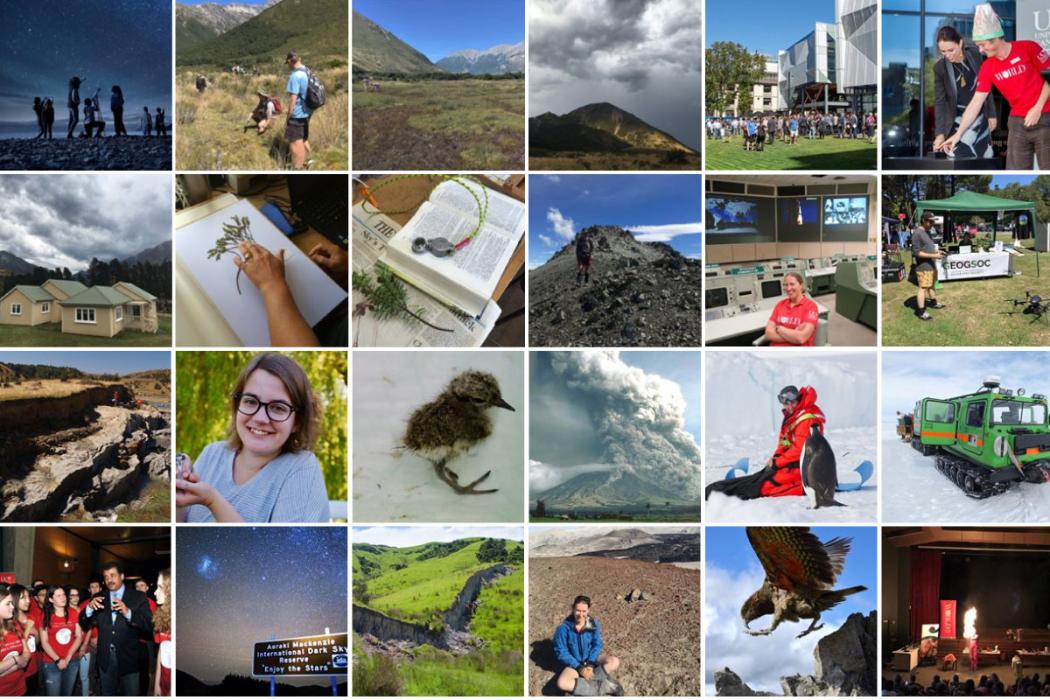Contact us
Regular hours
Refer below for contact hours.
Special hours
Follow us on social media
There’s nothing we love more than ‘doing science’, but we never stop talking, reading, watching and learning from others.
Social media is a fantastic vehicle for communication, collaboration and engagement with and between departments, research centres, industry, scientists, and the wider community.
Follow the official UC Science channels for all the latest from students and staff who live and breathe UC Science, and be sure to join the conversation using #ucscience!
Affiliated channels
Some of our schools, departments, research centres and programmes have their own social media channels. Check out the list below and if you know of one we've missed, please let us know!
Biomolecular Interaction Centre
CAREX
Department of Geological Sciences
Gateway Antarctica
Geohealth Laboratory
Marine Ecology Research Group
Reef Uplift Research Consortium
Speech and Hearing
School of Biological Sciences
Mental Health and Nutrition Research Group
School of Physical and Chemical Sciences
UC Swallowing Rehab Research Lab at the Rose Centre










